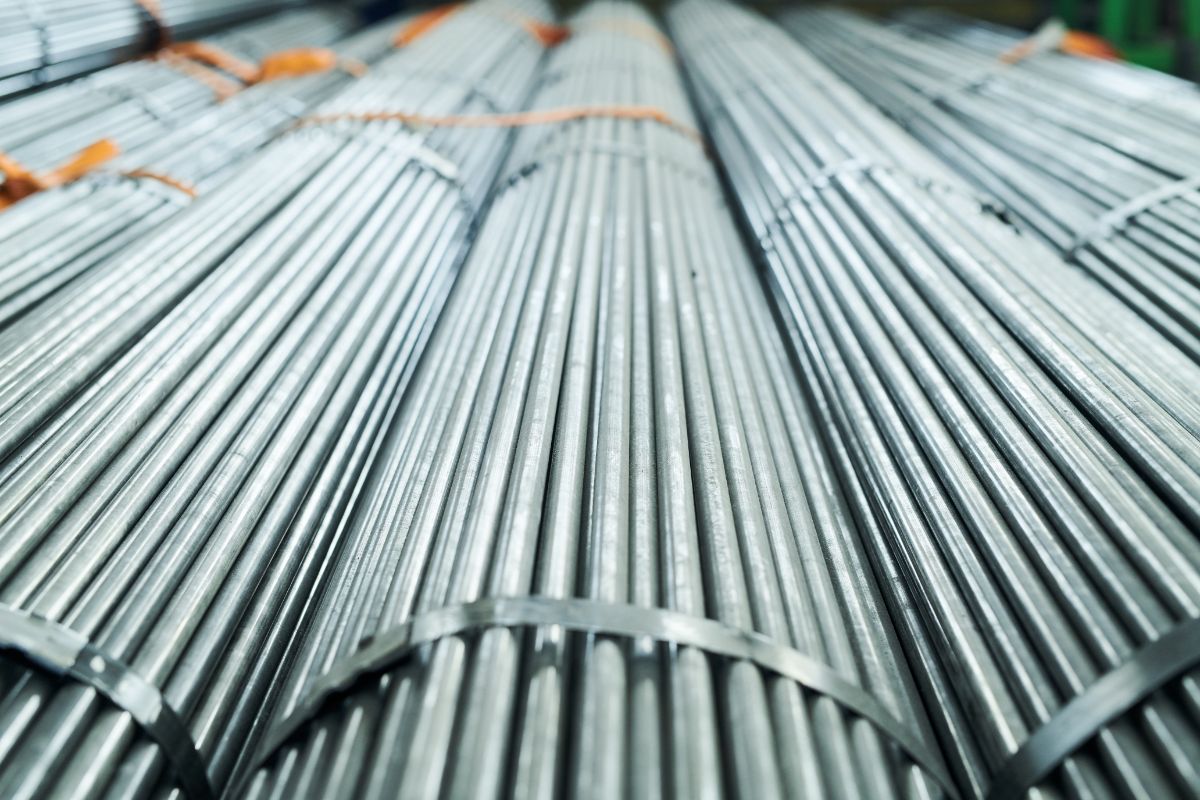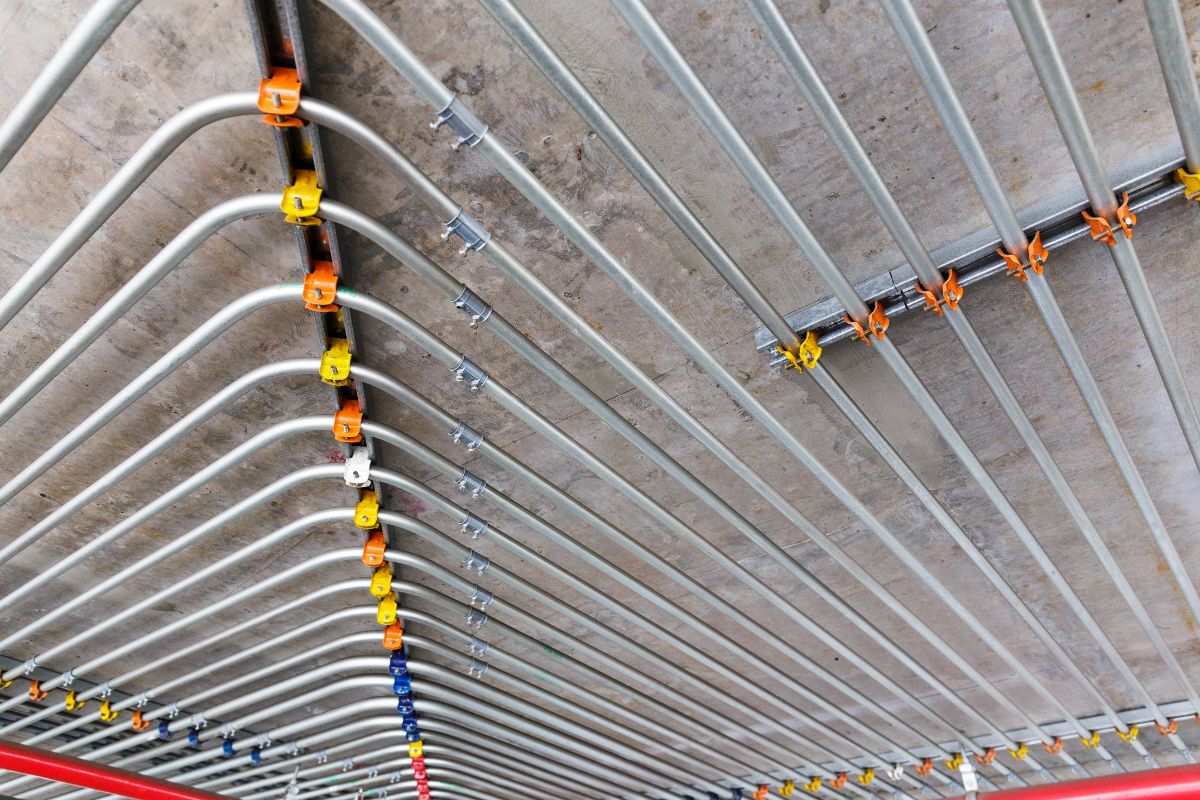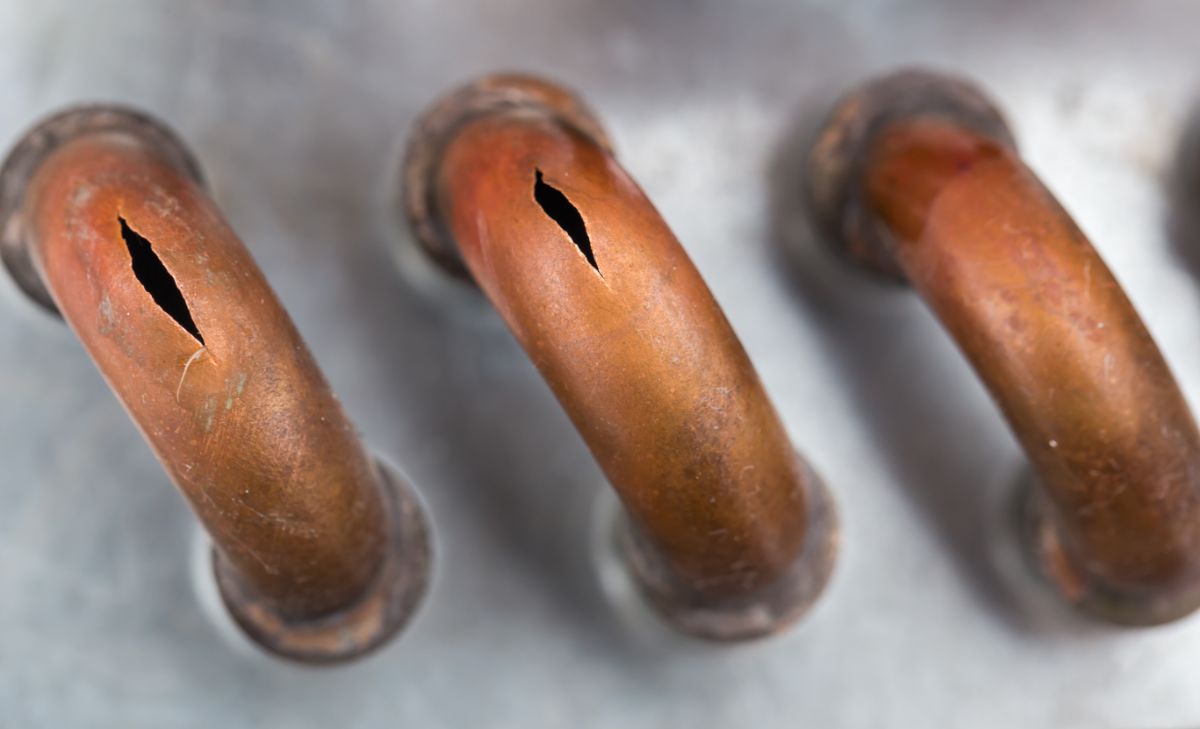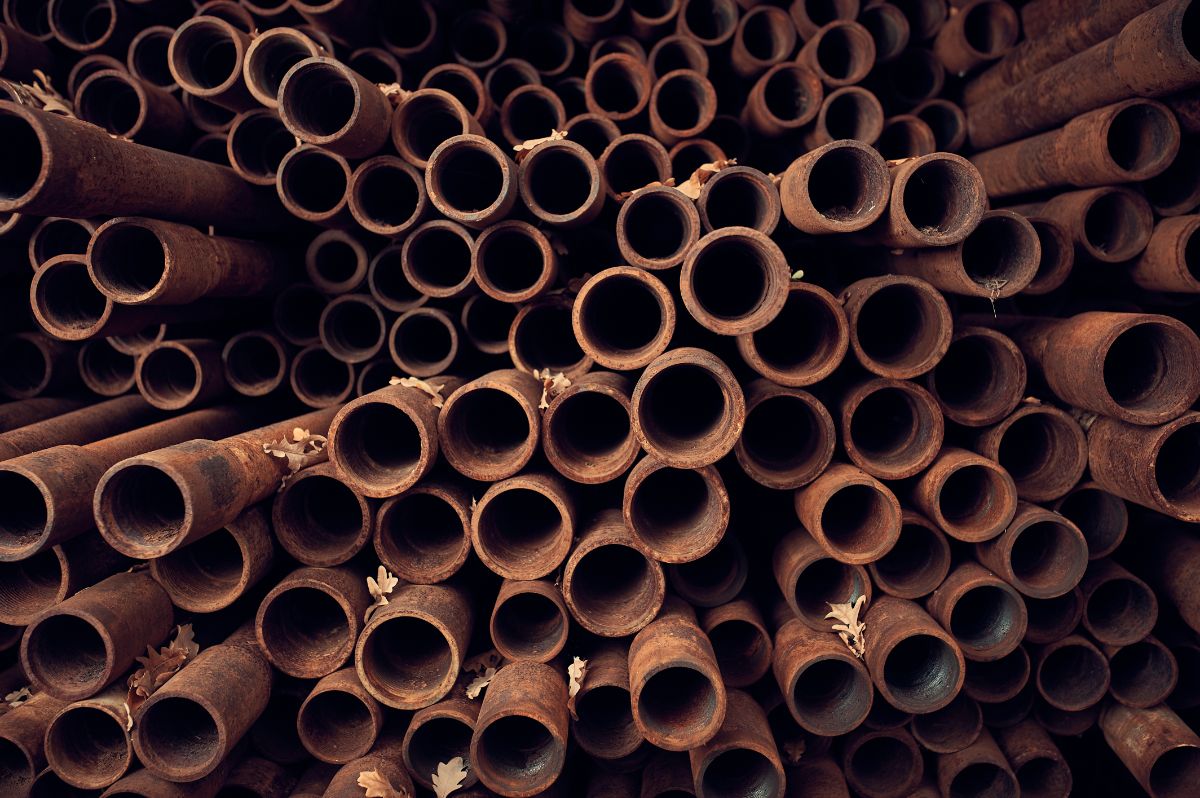
How to Choose the Best Pipe Material For Your Commercial Building
How do you choose pipes for a commercial building?
- Purpose
- Temperature tolerance
- Pressure tolerance
- Likelihood of corrosion
- UV exposure
- Required Flexibility
Pipes play a vital role in commercial buildings. These are used for water supply, drainage, and waste disposal. If the right pipe materials are not chosen during the construction (or during replacements) of commercial buildings, then different issues may arise, such as downtime in production or even severe injury for those working within the building. Therefore, it’s important to know how to choose pipes for a commercial building. If you’re interested in learning more, here’s our quick and simple guide to help you through the decision-making process:
What are the Differences Between Choosing a Pipe for a Residential Building and a Commercial Building?
This is one of the first concerns people have when choosing a piping material for their commercial building. The reason you can’t rely on residential plumbing systems is that pipes in a commercial building have different uses.
For one, commercial pipes are used more frequently than those in a residential building. Second, the plumbing systems in this application are more complex because they face a higher risk of wear, tear, and damage. The material selection depends heavily on external factors, such as pressure, temperature, and more — which we cover below:
Purpose

The first thing to consider when choosing the best pipe material for your commercial building is: what are these pipes supposed to transport? To be more specific, consider the chemical makeup of the fluids to be transported. Are these corrosive? This particular category includes things like ammonia, seawater, oils, and the like.
If the fluid is particularly corrosive, then you will be limited to what kinds of pipe materials to use. For example, corrosive fluids can quickly wear down a steel pipe. It is recommended to use more resilient metal pipes, such as stainless steel or CPVC.
Likewise, the fluid itself limits what kinds of pipe you can use for your building. This is because certain metals or plastic materials can react badly to specific chemicals. For example, PVC pipes are easily melted and damaged by substances like esters, ethers, and chlorinated hydrocarbons.
Temperature Tolerance

The next thing to consider is the temperature of the fluids the pipe for the commercial building is meant to transport. If it’s at extremely high or low temperatures, then it’s important to pick a piping material that can handle it.
In many cases, metal pipes like carbon steel are the best choice for high temperatures — even if the pipes themselves may become extremely hot. This is because they are less likely to melt or corrode under these temperatures.
If the fluid is too cold — such as a cryogenic liquid — then the material you choose should be intended to hold fluids at those particular temperatures. Otherwise, the pipe is at risk of cracking, which leads to extensive repairs and workplace hazards.
Pressure Tolerance
The pressure of the fluids being transported is also a factor to keep in mind. When the pressure is high, the plumbing material you choose must be very durable and thick. This will help them better withstand fluctuations in pressure, as well as exposure to high-pressure fluids.
If the material you choose is not fit to handle the pressure of the fluid, it can lead to disaster. The pipes will easily rupture, which may lead to fire, leakage, flooding, and substantial injuries and damage, depending on the type of fluid it was transporting.
Likelihood of Corrosion

Corrosion is another significant factor when it comes to choosing your commercial piping material. In cases where the liquid is very corrosive, materials like stainless steel and galvanized steel are excellent options. This is because they are specially treated to enhance their corrosion resistance, thus they are possible choices for transporting highly corrosive liquid.
UV Exposure
In some commercial buildings, pipe systems are installed outdoors. In these cases, the pipe is exposed to natural sunlight throughout its life. If you have an outdoor application, then you must choose a piping material that can endure not only the natural elements (e.g. corrosion, harsh winds, and rains) but also tons of UV exposure.
Thermoplastic pipes, for example, may be able to withstand rains and winds. However, they are not the ideal material for this application as they perform badly under direct UV exposure. So, it’s better to find materials that are metal, heat-resistant, and take well to protective coatings — like galvanized iron pipes and steel pipes. These materials are more suitable for commercial building applications with constant UV exposure.
Required Flexibility
It’s important to pick a pipe with the right level of flexibility for your commercial building application. If the material is too rigid to accommodate fluctuations in volume or temperature, then it is at risk of cracking or breaking. This leads to leaks and system inefficiencies, which you want to avoid.
If you need flexible pipes for your commercial building, then PVC, mild steel, and galvanized steel pipes have the right ductility for the job. They are also relatively lighter and more versatile than many other pipe options, which can be a plus in your piping system.
Key Takeaway
Whether you’re constructing a new building, or looking to replace your current pipe systems, knowing how to choose pipes for a commercial building is important. This will help you find the best plumbing materials for the job, and ensure the overall functionality of the plumbing system.
That said, the decision-making process can be tricky. There are, after all, several factors to be considered. To make this process easier for you, reach out to Supreme Pipe. At Supreme Pipe, we are the leading steel pipe supplier in the Philippines. With our years of experience in the pipe manufacturing industry, we can help you choose the right pipe materials for your facilities.


